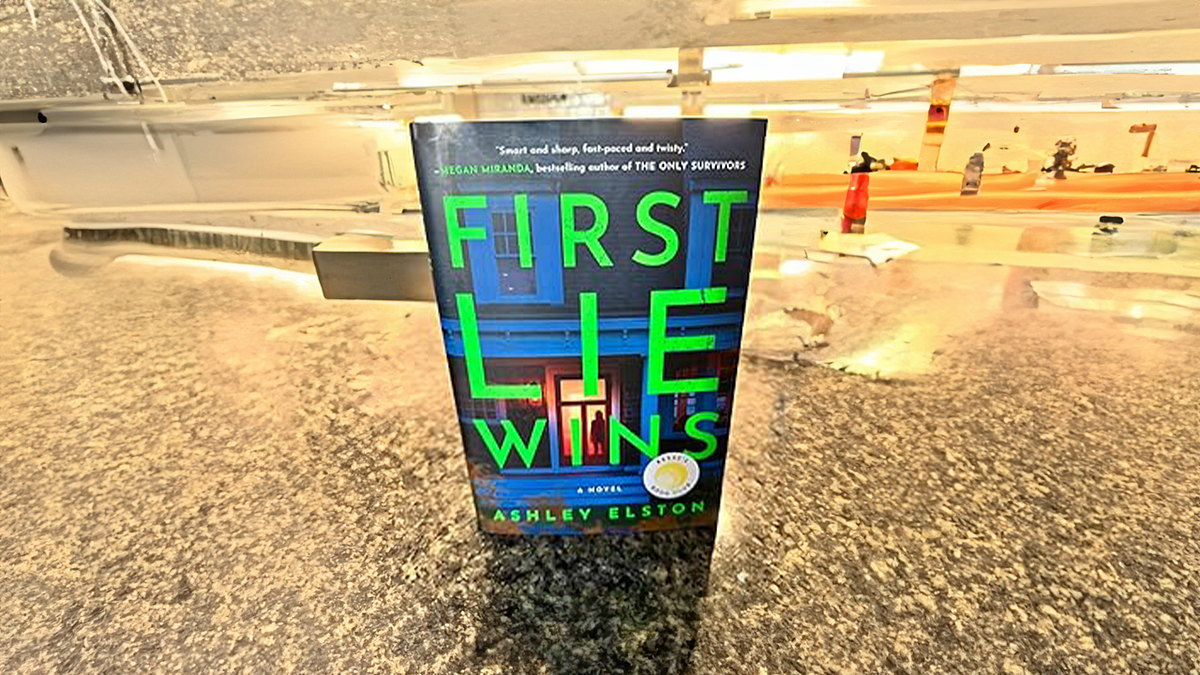
Örviri – Unveiling the Meaning, History, and Modern-Day Relevance!
April 16, 2025
First Lie Wins Review – An Exciting New Game of Strategy and Deception!
April 18, 2025Poetry has long been a mirror of the human soul, and sad poems are among its most powerful reflections. These emotionally charged verses capture the pain, loss, heartache, and loneliness we all experience at some point in life. Whether you’re a reader seeking solace or a writer expressing inner turmoil, sad poetry can become a gentle companion in your emotional journey.
🌧️ What Are Sad Poems?
Sad poems are a poetic expression of sorrow, melancholy, and heartache. They serve as a cathartic outlet for emotional pain and can help readers feel seen and understood. These poems often touch on themes that are difficult to talk about but universal to the human condition.
Common themes of sad poems include:
- Loss and grief – Mourning the passing of a loved one
- Heartbreak – The pain of unrequited or broken love
- Loneliness – Feeling isolated or forgotten
- Regret – Wishing for second chances or different choices
- Depression and anxiety – Conveying emotional or mental struggles
- Nostalgia – Missing a time, place, or person that’s no longer present
These themes resonate deeply because they are based on raw, honest emotions. Sad poems make readers feel less alone in their suffering and more connected to the shared human experience.
✍️ The Power of Writing Sad Poetry

Writing sad poetry can be incredibly therapeutic. When emotions are overwhelming, poetry becomes a release. Whether you use rhyme, free verse, or haiku, your words can offer both personal clarity and universal truth.
Why write sad poetry?
- 🖋️ It allows emotional release.
- 💬 It helps organize chaotic thoughts.
- 🎨 It offers creative expression.
- 🪞 It creates connection with others.
You don’t need to be a literary expert. What matters most is honesty. The beauty of poetry lies in its ability to touch hearts—not in perfect grammar or structure.
📜 Famous Sad Poems That Shaped Literature
Many of the world’s most celebrated poets have poured their sorrows into verse. Here are some timeless sad poems that have moved readers for generations:
1. “When You Are Old” by W.B. Yeats
A sorrowful reflection on unreciprocated love.
2. “Because I Could Not Stop for Death” by Emily Dickinson
A haunting portrayal of death’s inevitable journey.
3. “Remember” by Christina Rossetti
A plea to be remembered with love, not grief.
4. “A Valediction: Forbidding Mourning” by John Donne
A bittersweet goodbye to a beloved one.
5. “The Raven” by Edgar Allan Poe
A chilling depiction of loss, despair, and madness.
These poems prove that pain, when turned into poetry, can become eternal and beautiful.
🌿 The Healing Power of Reading Sad Poems
While sad poems may seem somber, they can offer profound healing. Reading poetry that echoes your own pain validates your feelings and helps you process grief.
Benefits of reading sad poetry:
- 💔 Helps you feel understood
- 🧠 Stimulates emotional intelligence
- 🌧️ Allows for emotional catharsis
- 📖 Builds empathy for others’ experiences
- ✨ Offers hope in shared human suffering
In short, sad poetry holds space for our pain without judgment.
🧠 How to Analyze a Sad Poem

Want to better understand or appreciate a sad poem? Here’s how to break it down:
- Read slowly and aloud. Let the rhythm and emotion settle in.
- Identify the mood and tone. Is it sorrowful, regretful, or nostalgic?
- Note powerful imagery. What metaphors or similes are used?
- Understand the context. What was the poet experiencing?
- Reflect on your reaction. How does it make you feel?
By analyzing sad poems in this way, you’ll uncover layers of meaning that enrich the experience.
🌙 Short Original Sad Poem Example
Here’s an original sad poem you’re welcome to share:
“Empty Room”
The clock still ticks, though time feels still,
Your voice a whisper I can’t will.
The chair you loved, the laugh you gave,
Are shadows now I cannot save.
💬 Sad Poems and Mental Health
Sad poetry can be a lifeline for those dealing with emotional pain. However, it’s important to recognize when reading or writing about sorrow starts to feel overwhelming.
If you ever feel emotionally unsafe, talk to a therapist, friend, or support group. Poetry is powerful, but your well-being always comes first.
🌐 Where to Find or Share Sad Poems
Want to explore more sad poems or showcase your own? Here are some top platforms:
- AllPoetry – Ideal for sharing your work and getting feedback
- PoemHunter – Search for sad poems by topic or author
- Tumblr – Home to heartfelt, raw poetry from everyday users
- Instagram – Follow hashtags like #SadPoetry, #HeartbreakPoems
- Reddit (r/Poetry and r/OCPoetry) – A helpful community for aspiring poets
FAQs About Sad Poems
1. What is the purpose of sad poems?
Sad poems allow people to express or understand emotional pain, providing a creative outlet for healing and connection.
2. Can reading sad poetry make me feel worse?
For some, yes. If you’re feeling fragile, balance sad poems with uplifting reads or speak with a mental health professional.
3. Who are some famous poets known for sad poetry?
Edgar Allan Poe, Sylvia Plath, Emily Dickinson, and W.H. Auden are just a few.
4. Is sad poetry always about love or death?
Not always. Sad poems can also explore mental health, aging, loss of identity, existential dread, and more.
5. Can sad poetry be hopeful too?
Absolutely. Many sad poems end with messages of growth, resilience, or peace.
6. How long should a sad poem be?
There’s no rule—it can be as short as a haiku or as long as an epic. The feeling matters more than the format.
7. Can I use sad poems in therapy?
Yes. Poetry therapy is a real and effective tool used in mental health settings to process emotions.
8. How do I write a good sad poem?
Write from the heart. Be honest. Use strong imagery. Focus on the feeling, not the format.
Final Words: The Beauty of Sadness in Poetry
Sad poems remind us that sorrow, though painful, is a part of being alive. Through these verses, we honor our pain, remember our past, and find strength to move forward. Whether you’re reading them for comfort or writing your own, sad poems help turn heartbreak into healing. So the next time your heart feels heavy, let poetry lighten the load.





